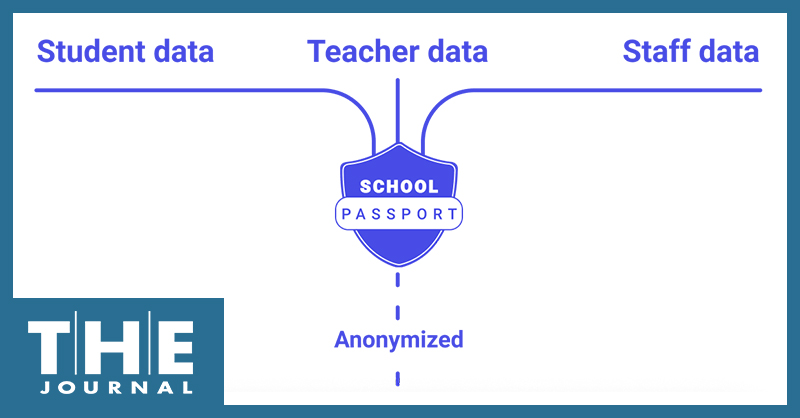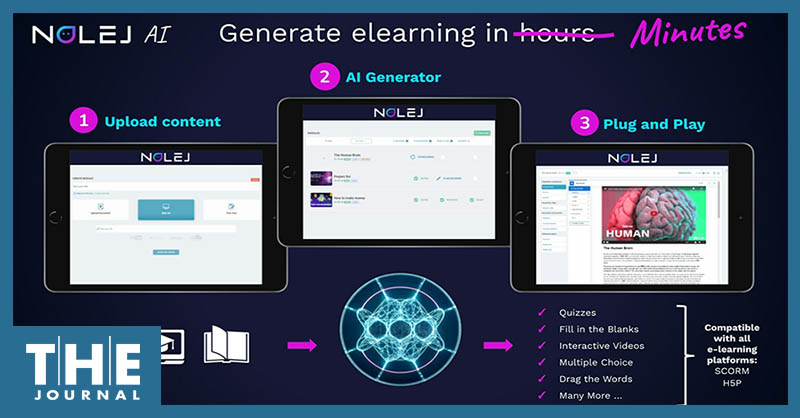
The 1EdTech Consortium recently announced it will lead a cross-sector collaboration "to define how AI can responsibly and effectively support teaching and learning."

The Linux Foundation has announced it will host the Agent2Agent (A2A) protocol project, an open standard originally developed by Google to support secure communication and interoperability among AI agents.

In these days of rampant ransomware and other cybersecurity exploits, security is paramount to both proprietary and open source AI approaches — and here the open source movement might be susceptible to some inherent drawbacks, such as use of possibly insecure code from unknown sources.

Open source solution provider Red Hat has released Red Hat Enterprise Linux (RHEL) 9.5, the latest version of its flagship Linux platform.

Stability AI, developer of open source models focused on text-to-image generation, has introduced Stable Diffusion 3.5, the latest version of its deep learning, text-to-image model.

IBM unveiled its most advanced family of AI models to date, Granite 3.0, at its annual TechXchange event. The new models were developed to provide a combination of performance, flexibility, and autonomy that outperforms or matches similarly sized models from leading providers on a range of benchmarks.

Tech giants Google, Microsoft, Amazon, OpenAI and others have formed a new industry group aimed at promoting AI safety and security standards.
Ed tech provider Territorium has become the first U.S. company to earn certifications in CLR 2.0 and Open Badges 3.0 from 1EdTech, furthering its mission to standardize digital credentials — or “comprehensive learner records” — that are easily shared between digital wallets, the company said.

Global Grid for Learning has unveiled its newest school data exchange solution designed to give schools better data analytics and control over data privacy while eliminating the need for vendors using the standards to access and share students’ protected private information, by using patented anonymization and API technology.

A French generative AI ed tech startup called Nolej (pronounced “knowledge”) has quietly launched a new OpenAI-based instructional content generator for educators, called Nolej AI, ahead of its official introduction at BETT in London on March 30 and a planned commercial debut at the ASU+GSV Summit on April 19, the company's chairman told THE Journal.